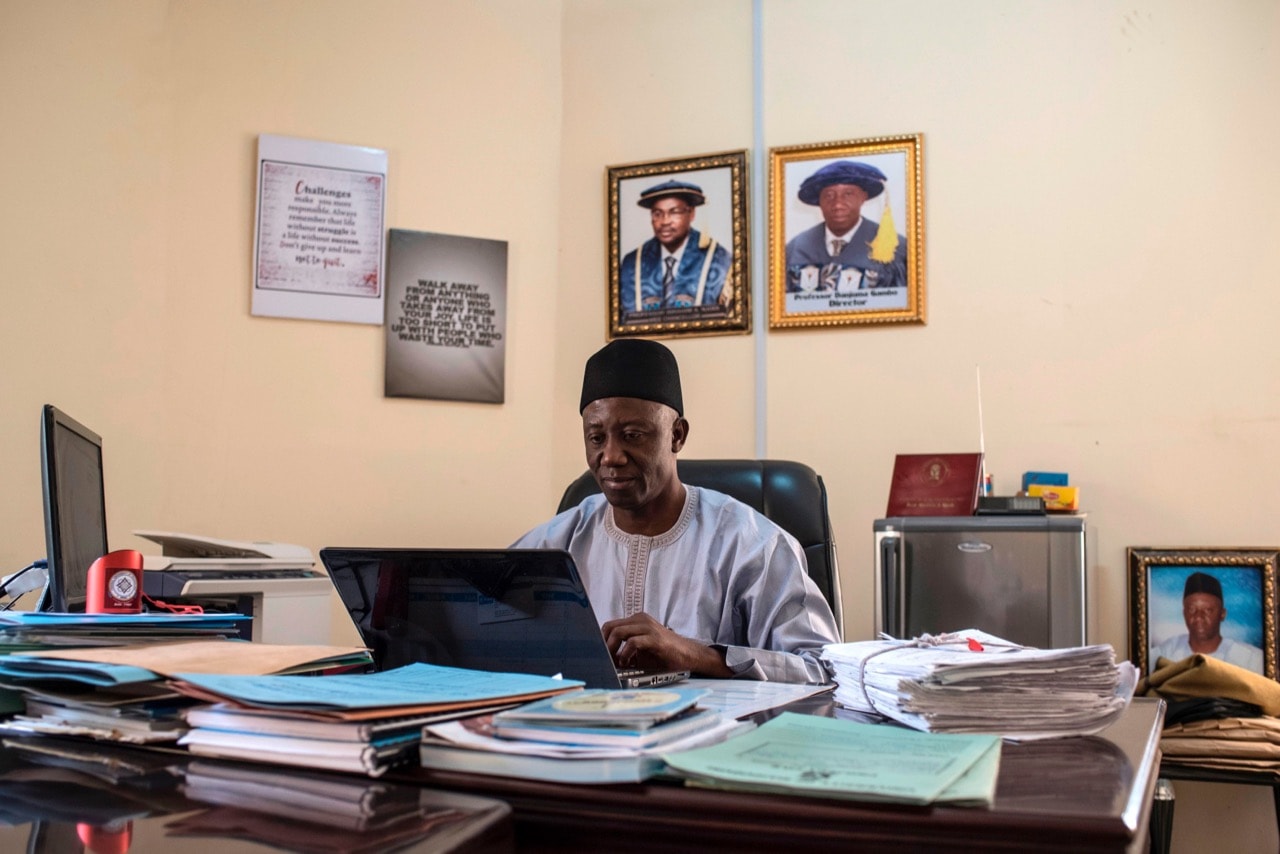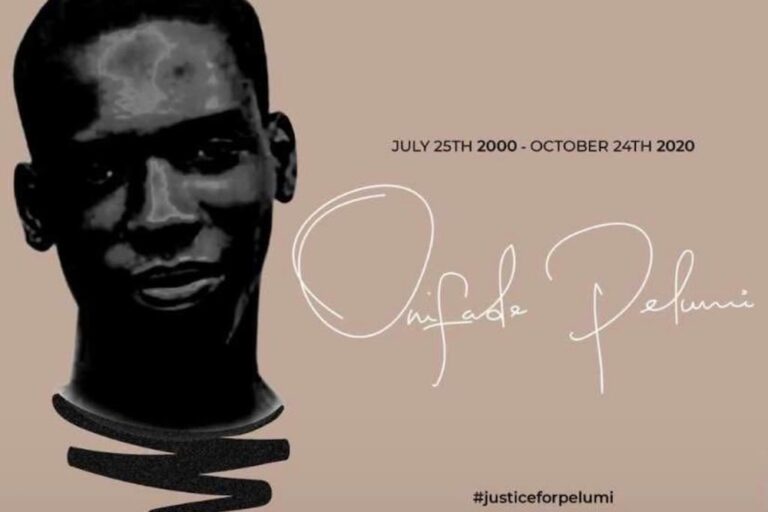Media Rights Agenda is calling on Nigerian President Buhari to promptly sign the Digital Rights and Freedom Bill once it is passed by the National Asssembly.
This statement was originally published on mediarightsagenda.net on 16 March 2018.
Media Rights Agenda (MRA) today called on President Muhammadu Buhari to sign the Digital Rights and Freedom Bill into law as soon as he receives it from the National Assembly, saying it is the most practical way for his Administration to demonstrate its support for Internet freedom for Nigerians.
In a statement in Lagos, MRA applauded the leadership of the National Assembly for the speedy passage of the Bill by both the House of Representatives and the Senate and urged them to ensure that a clean copy reaches the President for signature in the shortest time possible in order to bring their efforts to fruition.
The Bill, which was passed by the House of Representatives on December 19, 2017, was similarly passed by the Senate earlier this week, on Tuesday, March 13, 2018.
Mr. Edetaen Ojo, Executive Director of Media Rights Agenda (MRA), described the proposed Law as “a strong piece of legislation that seeks to effectively protect the rights of Nigerians on the Internet and in the digital environment in accordance with the global norms and standards that Nigeria has helped to establish.”
Calling on President Buhari to assent to the Bill without delay and thereby demonstrate his willingness to protect the rights of all Nigerians online as they are protected offline, he said: “The Bill provides a comprehensive framework for the advancement, protection and enjoyment of human rights on the Internet and in the digital environment, consistent with Nigeria’s regional and international obligations under various international human rights instruments, some of which Nigeria has led in bringing into being by co-sponsoring”.
For instance, Mr Ojo said, “Nigeria played a leading role on the global stage in 2012 when it led in co-sponsoring the landmark Resolution on the Promotion, Protection and Enjoyment of Human Rights on the Internet at the UN Human Rights Council in Geneva, alongside Sweden, the United States, Brazil, Turkey and Tunisia, wherein it was affirmed that “the same rights that people have offline must also be protected online, in particular freedom of expression, which is applicable regardless of frontiers and through any media of one’s choice.”
Observing that the resolution has brought Nigeria tremendous respect and acclaim from around the world, he urged the President to sign the Digital Rights and Freedom Bill “in keeping with the groundbreaking direction and guidance which this Resolution provided to the global community on human rights online.”
In addition, Mr. Ojo said, the Digital Rights and Freedom Act will help boost an innovative environment for Nigerians, as well as accelerate the country’s development in the digital age by allowing all Nigerians take maximum advantage of emerging opportunities, adding that this will be beneficial to the government and its efforts to ensure the economic growth of Nigeria including though its recent Enabling Business Environment initiative.
Mr. Ojo added that: “The Bill, when it becomes Law, will bring Nigeria’s domestic law, policy and practices with regards to the protection of human rights on the Internet into conformity with this international norm that we were central as a nation in developing and bequeathing to the global community.”
MRA also called on all other stakeholders, especially the media and civil society actors, to lend their voices to the Digital Rights and Freedom Bill by advocating for speedy presidential assent and subsequently, to monitor its implementation and ensure that its provisions are applied in practice.
Mr. Ojo said: “This piece of legislation will ultimately impact the personal and professional lives of every Nigerian who is connected to the Internet as well as those who will be connected in the future. It is therefore essential for all stakeholders to contribute to this process in every way possible including through advocacy, by writing about it, facilitating discussions and debates, playing their roles in ensuring its implementation and encouraging other members of society to do so as well.”
He also praised Paradigm Initiative for leading and coordinating the multi-stakeholder efforts that characterized the development and drafting of the Bill and resulted in its speedy passage by the National Assembly, saying it has once again demonstrated the power of civil society to positively affect the fortunes of Nigeria and Nigerians.



